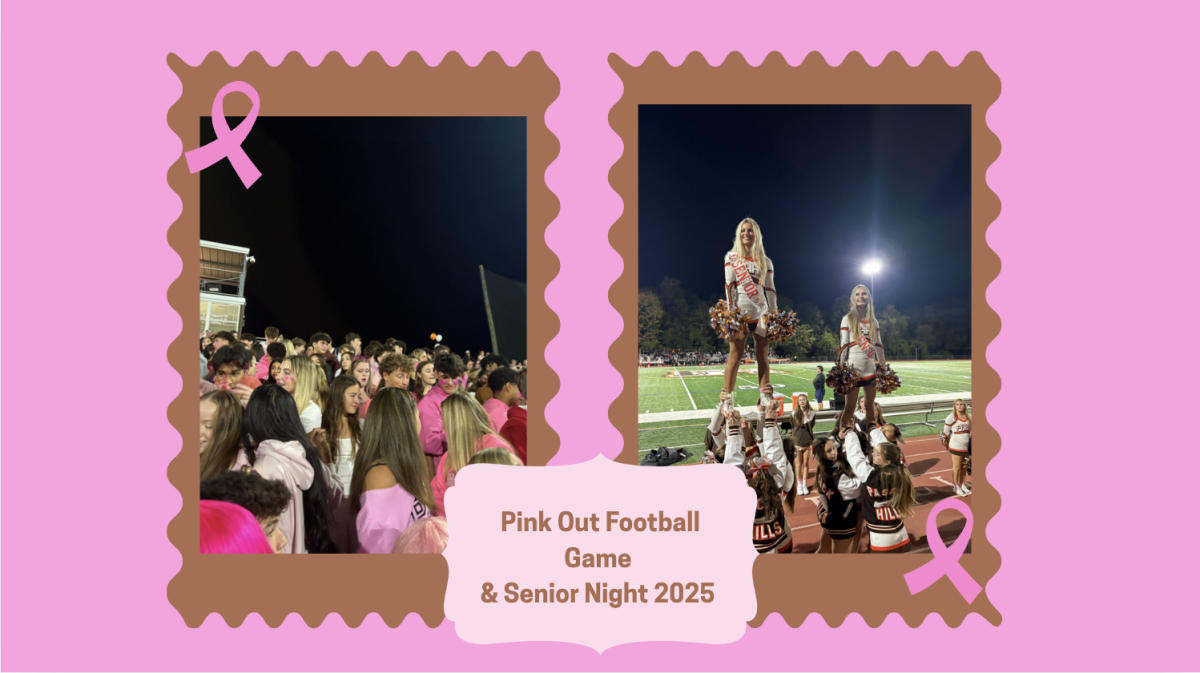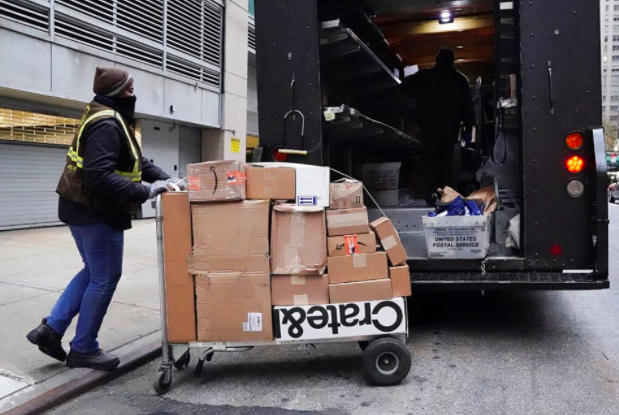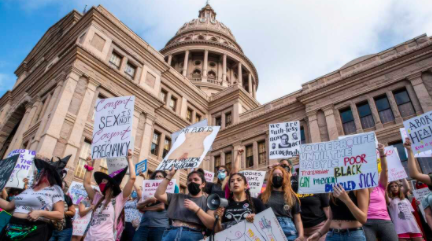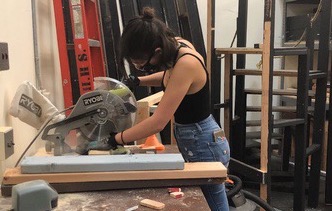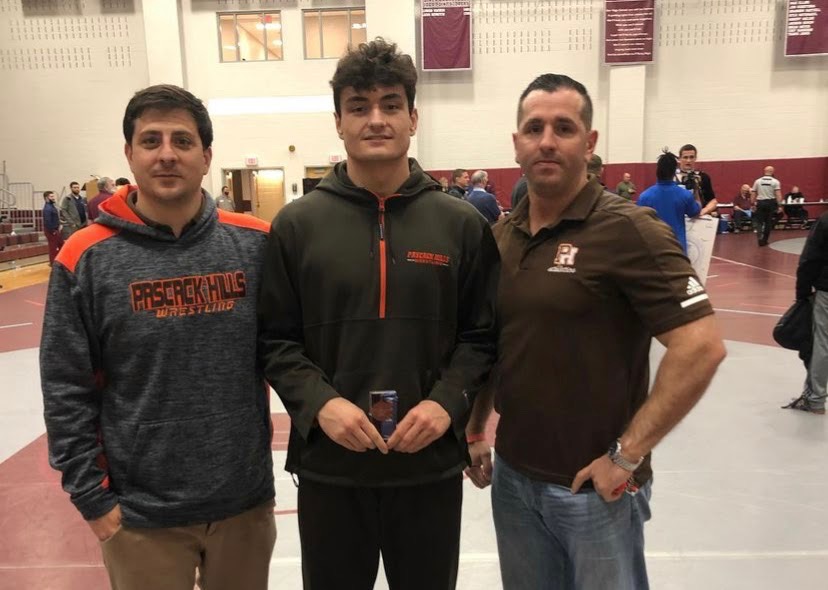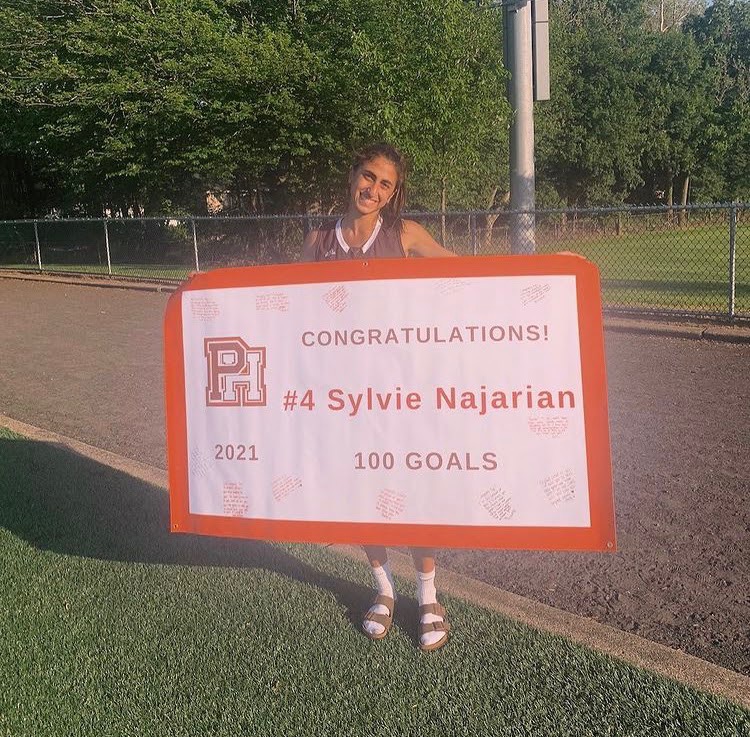Vampires aren’t the only ones in need of blood. An automobile accident victim needs up to 50 units of red blood cells; a bone marrow recipient up to 20 units of red blood cells and 120 units of platelets; a sickle cell anemia patient up to 14 units or red blood cells per treatment; a cancer patient up to 8 units of platelets per week; a heart surgery patient up to 6 units of red blood cells and 6 units of platelets; and organ transplant recipients need 30 units of platelets and 25 units of plasma.
Nearly 4 million Americans would die each year without life-saving blood transfusions. New York and New Jersey residents are suffering from a decrease in the number of blood donors due to disease and restrictions from the FDA.
The need for blood in hospitals and medicine centers is extreme. 80% of the US population needs blood. Where demand is high, supply is low. Less than 5% of the population donates blood. New York and New Jersey have to import thousands of units of blood from other parts of the country.
This is greatly distressing considering that generally anyone in good health can donate blood (of course you have to be over age 17 and at least 110 pounds unless age 16 with parental permission in New York/New Jersey). The average human body has between 8 and 12 pints of blood, one pint can easily be spared from a healthy individual who will completely replenish the lost red blood cells in 4 to 8 weeks. The entire donation process may take about an hour with registration, a medical screening, blood collection, and a little rest time afterwards. Donating is critical now that every 2.5 seconds someone needs blood, a friend, family member, or maybe even you.
The blood, after undergoing rigorous testing, is separated into red cells, platelets, and plasma. The different parts have different purposes: red blood cells are used to treat patients who are anemic, plasma can be used to treat patients in shock due to fluid loss as a result of burns, platelets are used to help treat patients with leukemia. The unit of blood you give may be used to help save 3 lives. You can make a difference and save lives by taking part in blood donation.
Pascack Hills hosts a blood drive twice a year. If you can’t partake in the Hills blood drive, Community Blood Services in Paramus is a fast, easy and efficient alternative. Their mission is to promote the health of our community by providing high-quality blood and tissue services, education and innovative research while utilizing state-of-the-art technology in synergy with strategic partnerships and alliances.
There are other ways to help if you are unable to donate blood, such as volunteering or organizing a blood drive. Making blood available to those in need is a safe and easy way to give back to the community. By giving blood, you are giving someone life.













